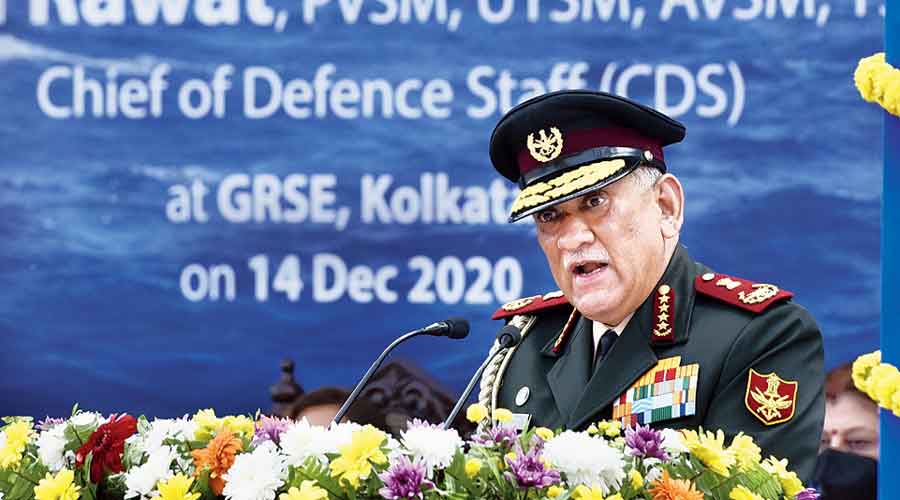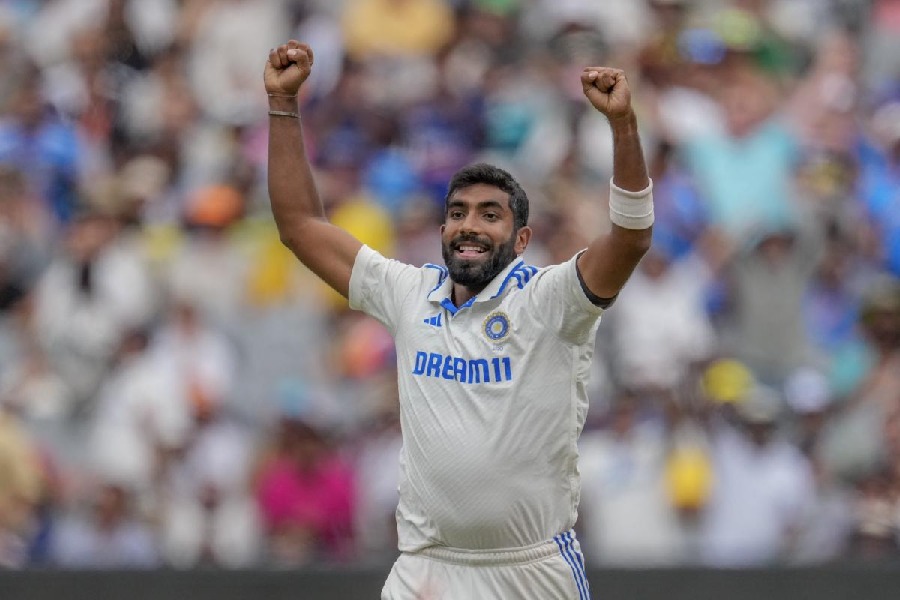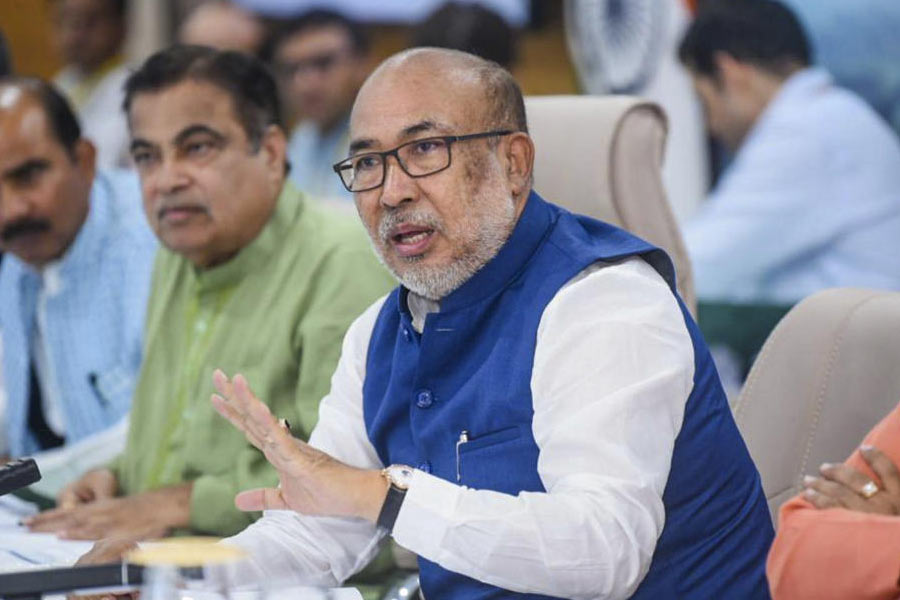The IAF chopper crash on December 8 that killed Chief of Defence Staff (CDS) Gen Bipin Rawat and 13 others was due to an unexpected change in weather that led to spatial disorientation of the pilot, stated the preliminary findings submitted by the tri-services court of inquiry.
"The tri-services court of inquiry into the Mi-17 V5 accident on December 8, 2021, has submitted its preliminary findings," the Indian Air Force's statement said on Friday.
The court of inquiry has ruled out mechanical failure, sabotage or negligence as a cause of the accident, it said.
"The accident was a result of entry into clouds due to unexpected change in weather conditions in the valley. This led to spatial disorientation of the pilot resulting in Controlled Flight into Terrain (CFIT)," it stated.
However, people familiar with the development had earlier stated that no technical snag or sabotage and bad weather leading to a phenomenon called Controlled Flight Into Terrain (CFIT) is believed to have been identified as the prime reason for the crash of the IAF helicopter near Coonoor that killed CDS Gen Bipin Rawat and 13 others,
According to US aviation regulator FAA, CFIT is defined as an unintentional collision with terrain -- the ground, a mountain, a body of water, or an obstacle -- while an aircraft is under positive control.
Gen Rawat, his wife Madhulika, his defence advisor Brigadier LS Lidder, staff officer to the Chief of Defence Staff, Lt Col Harjinder Singh and decorated pilot Group Captain Varun Singh were among 13 others killed in the crash near Coonoor in Tamil Nadu.
Earlier, the IAF had said that the Court of Inquiry being conducted by a tri-services inquiry team would be a fair process and mandate given to investigate every single angle of the incident, Air Chief Marshal Vivek Ram Chaudhari on Saturday.
Speaking to reporters on the sidelines of Combined Graduation Parade at the Air force Academy at Dundigal near here, Chaudhari said the probe will take a few more weeks and he would not like to preempt any of the findings of the court of inquiry by commenting on it.
"I would not like to preempt any of the findings of the court of inquiry, because it's a thorough process. The mandate given to him (Air Marshal Manavendra Singh) is to investigate every single angle and look into every single aspect of what could have gone wrong and come out with the suitable recommendations and findings," he said.










